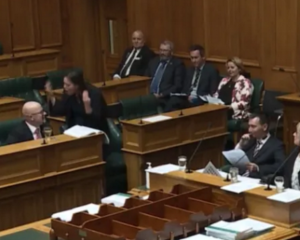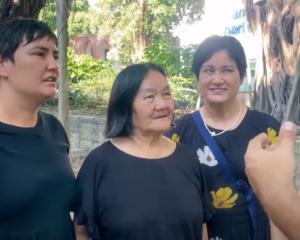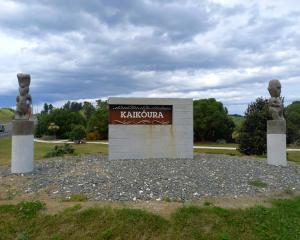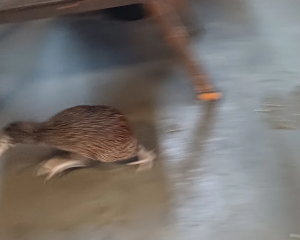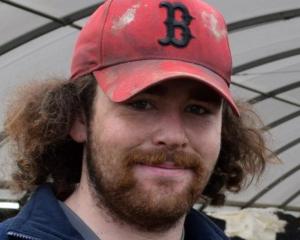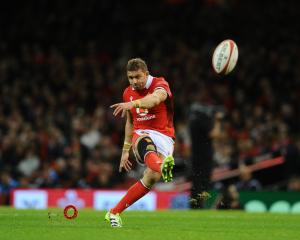
Barton has launched a petition seeking MND to be classified as a notifiable disease so the ministry can collect more data on a sickness which claims about 120 Kiwi lives a year.
If the Englishman’s initiative is successful, a more comprehensive approach to MND will be a foundation of Ally’s legacy.
She was diagnosed with MND in 2021, two years after symptoms developed as she worked as an intensive care unit nurse in Sydney.
“Now she’s trained me to nurse her,” said Barton, her full-time carer.
He wants MND notifiable so each case must be reported to the ministry, a stipulation which ideally makes it possible to detect factors common across multiple diagnoses.

When a New Zealander is diagnosed with MND there is an optional registry, but Barton believes recording details would be a low priority for a new sufferer.
“If you’ve just been told you’ve got 2-5 years to live, you’re so overwhelmed you’re not going to give a s**t about a register,” he said.
Barton suspected MND was not already notifiable because it is not infectious or a risk to public health, a view vindicated by Ministry of Health – Manatū Hauora deputy director of public health, Richard Jaine.
“Making a disease notifiable is aimed at assisting the surveillance, monitoring and response to a disease that presents a risk to public health. Mostly this includes infectious diseases,” he said.
“As such, there are no plans to make Motor Neurone Disease a notifiable disease.”
However, the ministry’s current list of notifiable diseases includes lead absorption (poisoning) and decompression sickness, which covers injuries caused by a rapid decrease in air or water pressure.
The petition has drawn 1187 signatures since it was launched in November; Barton hopes for a greater response before it is lodged with Parliament.
Barton’s campaign has been backed by Motor Neurone New Zealand Charitable Trust.
“We very much support him and agree the MND Registry would be better utilised if it included all possible information from 100 per cent of those who suffer MND in New Zealand,” said interim chief executive Mark Leggett.
Filipino-born Ally was 34 when she was diagnosed, so she is one of the youngest MND cases in New Zealand.
Her symptoms started with a twitch in her right hand about six months after their apartment was fumigated three times in six weeks, leading Barton to believe chemicals were responsible.
The couple visited San Francisco last August, where changes were noticeable at either end of the trip.
“When we left she could squeeze the brakes on her walker. She couldn’t by the time we came back,” Barton said.
Eating has also become an issue.
“She was able to eat and feed herself, now she’s using a robot. It’s got buttons so it scoops up the food and gives it to her.”
Barton appreciated the support the couple, who have no family members in New Zealand, have received since they settled in Woolston in October 2021.
The couple left Australia because Ally was not eligible for support.
They have been able to modify their house to make it more accessible, while Ally has access to a wheelchair ($25,000), a grid pad ($16,000) to communicate with her eyes and a van to make transportation easier.
Last month a $10,000 PEG (Percutaneous Endoscopic Gastrostomy) feeding tube was inserted in her stomach.
Yet, Barton still yearns for the ministry to put more resources into studying the causes of MND.
“How it feels from our perspective is: ‘Here’s some equipment, go away and die’,” he said.
“Their mentality is we’ll get it back in two years anyway.
“That’s what it feels like. I’m sick of being told ‘We don’t know why’ you get MND.”
- The petition can be signed via the QR code below or at tinyurl.com/4pvfcnvh



